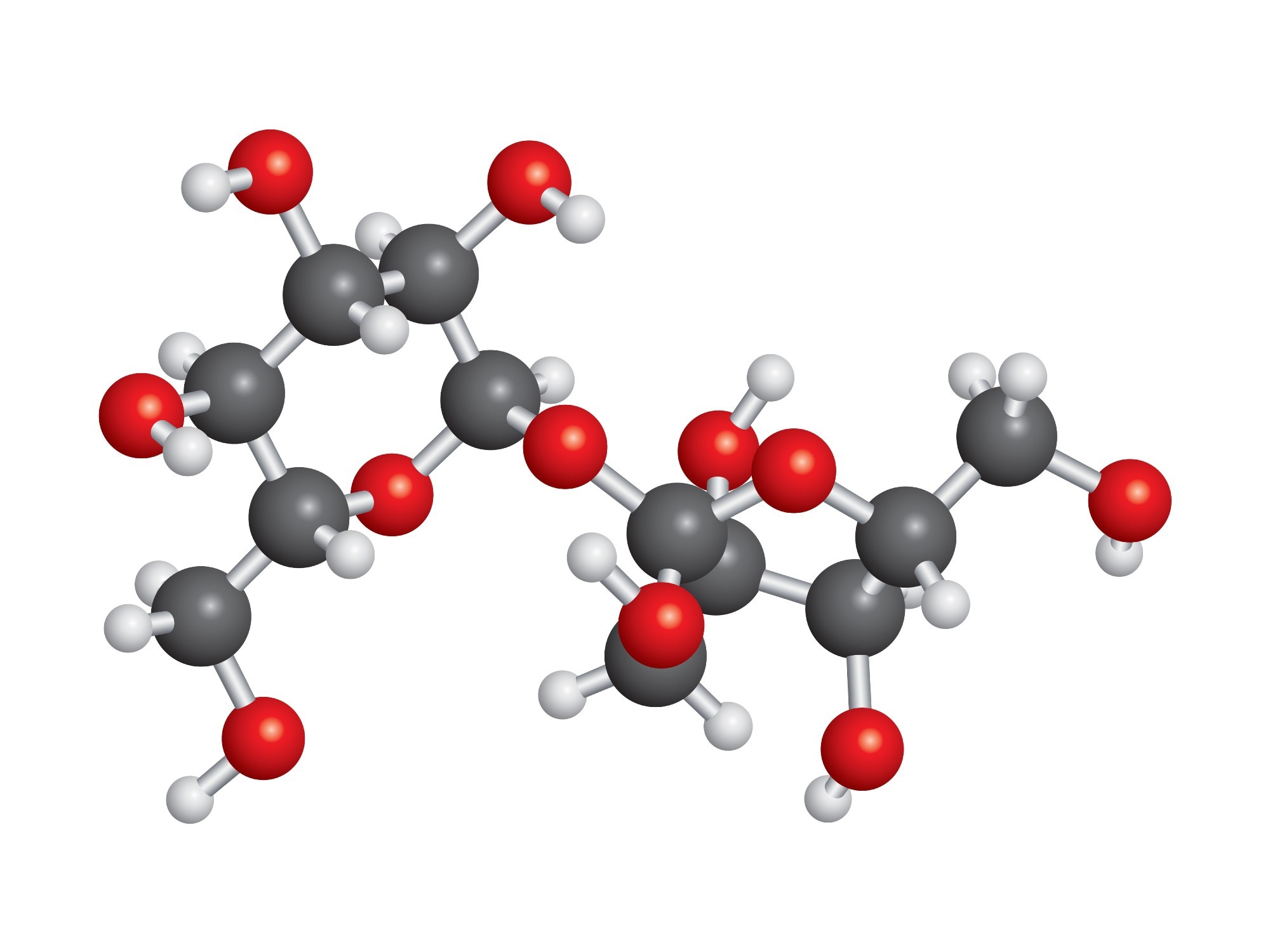Discovering the Varied Applications and Benefits of Polymers in Different Industries
Polymers, with their varied variety of buildings and functionalities, have actually ended up being essential in numerous markets, each gaining unique benefits from their application. From improving safety and efficiency in the automotive field to transforming medical devices in the health care industry, polymers play an essential role.
Automotive Market Applications
Polymers play a critical role in boosting the performance and longevity of various elements within the auto industry. These versatile products are extensively used in the production of various parts, varying from interior parts to under-the-hood applications. One popular use of polymers in the auto industry is in the manufacturing of lightweight parts. By replacing typical steel get rid of polymer-based choices, cars can attain improved fuel effectiveness without jeopardizing on toughness or security.

Health Care Market Advantages
In different health care applications, the benefits of making use of polymers are extensively identified for their varied variety of valuable properties. Polymers play a crucial role in the healthcare industry due to their adaptability, biocompatibility, and cost-effectiveness. Among the primary advantages of polymers in healthcare is their ability to be tailored to specific requirements, such as flexibility, resilience, and biodegradability, making them optimal for a variety of medical applications.
Polymer-based materials are extensively utilized in medical devices, such as catheters, implants, prosthetics, and medicine shipment systems, because of their biocompatibility and ability to simulate all-natural tissues. These products can decrease the risk of allergies or rejections, enhancing patient safety and security and end results. Furthermore, polymers are lightweight, making them ideal for wearable clinical gadgets and guaranteeing patient convenience.
In addition, polymers allow the growth of cutting-edge treatment techniques, such as hydrogels for tissue engineering and nanocomposites for targeted medicine delivery. Their convenience of processing and sanitation makes them important for keeping high standards of hygiene in medical care settings. On the whole, the varied benefits of polymers contribute substantially to advancements in medical modern technology and client treatment.
Environmental Advantages of Polymers

Moreover, polymers can add to power savings because of their light-weight nature. In markets such as transport, light-weight polymer products can aid reduce gas usage and greenhouse gas discharges. Additionally, polymers can make it possible for the development of energy-efficient products such as insulation materials that improve energy conservation in structures.
In addition, polymers play a crucial role in minimizing water air pollution. The usage of polymer-based filtering systems can efficiently remove contaminants and impurities from wastewater, guarding water resources and ecosystems. Overall, the environmental advantages of get more polymers make them useful possessions in promoting sustainability and environmentally friendly methods throughout different industries.
Polymers in Electronic Devices and Innovation
Thinking about the increasing need for ingenious and lasting services in modern sectors, the combination of advanced polymer modern technologies in the realm of see post electronics and innovation has actually become a pivotal approach for driving effectiveness and efficiency. Polymers have revolutionized the electronic devices sector by allowing the production of lighter, more flexible, and long lasting digital devices. From smart devices to medical tools, polymers play an important role in improving item style and capability.
One considerable benefit of polymers in electronics is their protecting residential properties, which help safeguard fragile electronic elements from ecological elements and electric disturbance. Additionally, polymers are vital in the development of adaptable displays, wearable modern technology, and published electronics, using endless opportunities for creating wise and interconnected tools.
Furthermore, making use of polymers in digital packaging has caused advancements in miniaturization and thermal management, enhancing the total performance and integrity of digital websites systems. As technology remains to progress, the convenience and adaptability of polymers will unquestionably drive further technology in the electronic devices industry, forming the future of technology.
Function of Polymers in Building And Construction and Framework
The integration of advanced polymer materials in construction and infrastructure tasks has revolutionized the way frameworks are developed and built in modern-day times. Polymers offer numerous advantages in the construction market due to their convenience, longevity, and cost-effectiveness. One vital duty of polymers in building and construction is their usage in coatings and sealers, giving defense against environmental factors such as dampness, UV radiation, and rust. In addition, polymers are made use of in the production of lightweight and high-strength composite materials, boosting the architectural integrity of buildings while decreasing overall weight.
Moreover, polymers play a vital duty in sustainable building methods by enabling the growth of energy-efficient frameworks. Insulating materials made from polymers help control interior temperature levels, minimizing the requirement for heating and cooling down systems and ultimately lowering energy usage - Polymers.
Final Thought
In conclusion, polymers play a vital duty in numerous industries such as automotive, medical care, environmental, electronic devices, and building. Their versatile homes make them useful in producing ingenious options and products. From improving fuel effectiveness in cars to enhancing medical tools, polymers offer countless advantages. Furthermore, their influence on decreasing waste and promoting sustainability highlights their importance in modern applications. The prevalent usage of polymers demonstrates their considerable contribution to advancing modern technology and boosting lifestyle.